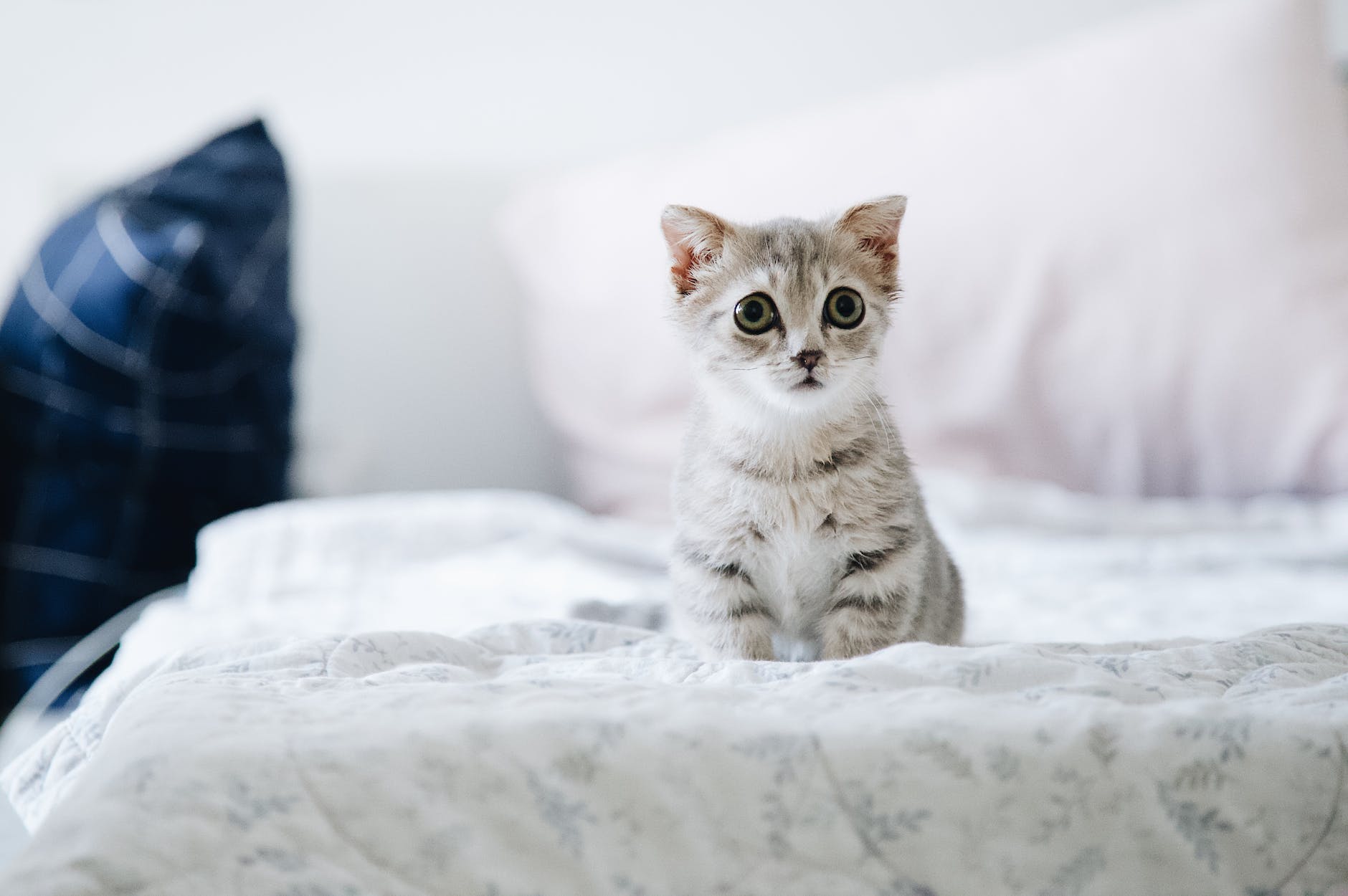
Cat
As cat owners, we rely on our furry friends to use the litter box consistently. But what happens when our cats start avoiding the litter box altogether? It can be frustrating and unsanitary, but there are usually reasons behind this behavior. In this article, we’ll explore the eight most common causes of cats not using the litter box and provide practical solutions to help address these issues.
Introduction
Cats are known for their cleanliness, so when they suddenly stop using the litter box, it’s important to address the issue promptly. While it can be frustrating, it’s crucial to understand that there could be underlying reasons behind this behavior. By identifying and addressing these causes, we can help our cats regain their litter box habits and maintain a clean and healthy environment.
The Litter Box Is Different
One common reason for cats to stop using the litter box is a change in the box itself. Cats can be creatures of habit and may develop preferences for specific litter and box types. For example, if you switch from an open modern cat litter box to one with a hood, the enclosed space might make your cat uncomfortable.
Solution:
To address this issue, make subtle changes to the litter box. If you’ve found a new location for the litter box, gradually move it a few feet each day until it reaches the desired spot. When introducing a new litter, try mixing it with the old litter and gradually decrease the amount of the old litter with each cleaning. Additionally, using a litter attractant like Dr. Elsey’s Precious Cat Ultra Litter Attractant can encourage your cat to use the new litter.
The Litter Box Smells
Cats have a keen sense of smell, and a dirty litter box can be a major turn-off for them. If the litter box is not cleaned regularly, the odor can become overwhelming, causing your cat to seek alternative elimination spots.
Solution:
Ensure that you scoop the litter box daily and completely change the litter at least once a week. Consider using a cat litter with strong odor-eliminating properties, such as Frisco Multi-Cat Clumping Cat Litter. You can also use an odor-neutralizing cat litter deodorizer powder like Arm & Hammer’s Cat Litter Deodorizer Powder to keep the litter box smelling fresh.
The Litter Box Is Too Small
If your cat is peeing outside the litter box, it’s essential to assess whether the box is the right size for your cat. Kittens can outgrow their litter boxes, and even adult cats may feel uncomfortable in a box that’s too small for them to move comfortably.
Solution:
Make sure the litter box is large enough for your cat to turn around easily. A good rule of thumb is to choose a box that is one and a half times the length of your cat. If your cat is struggling to fit in the current litter box, it’s time to upgrade to a bigger one.
Kitty Bullies
In households with multiple cats, one cat may prevent another from using the litter box, establishing dominance. This behavior can lead to litter box avoidance and conflicts among the cats.
Solution:
To address this issue, ensure that each cat has its own litter box. It’s recommended to have one litter box per cat, plus an extra box to accommodate their preferences. Placing the litter boxes in different areas of your home can also prevent conflicts and promote individual litter box usage.
Stress
Cats are sensitive creatures and can easily pick up on household stress or changes in their environment. Events like the introduction of a new family member, a move, or an increase in your absence can cause cats to act out and avoid the litter box.
Solution:
If stress is the underlying cause of your cat’s litter box avoidance, establish a routine for your cat to provide stability. Keep feeding, playtime, and sleeping schedules as consistent as possible. Providing extra attention and affection can also help alleviate stress. If necessary, consult with your veterinarian for additional guidance on reducing stress in your cat’s environment.
A Medical Problem
Sometimes, cats avoid the litter box because of underlying medical conditions. Issues such as urinary tract infections, interstitial cystitis, bladder or kidney stones, constipation, or mobility difficulties can make using the litter box painful or challenging for cats.
Solution:
If your cat suddenly stops using the litter box, it’s crucial to consult with your veterinarian to rule out any medical conditions. They can perform the necessary tests and provide appropriate treatment options to address the underlying issue. For older cats, consider using a litter box with lower sides to facilitate easier access.
Conclusion
When your cat stops using the litter box, it’s essential to address the issue promptly. By understanding the potential causes and implementing the appropriate solutions, you can help your cat regain their litter box habits. Remember to maintain a clean litter box, provide the right size and type of litter box, reduce stress, and seek veterinary care if necessary. With patience and consistency, you can help your cat return to using the litter box and maintain a clean and harmonious home environment.






